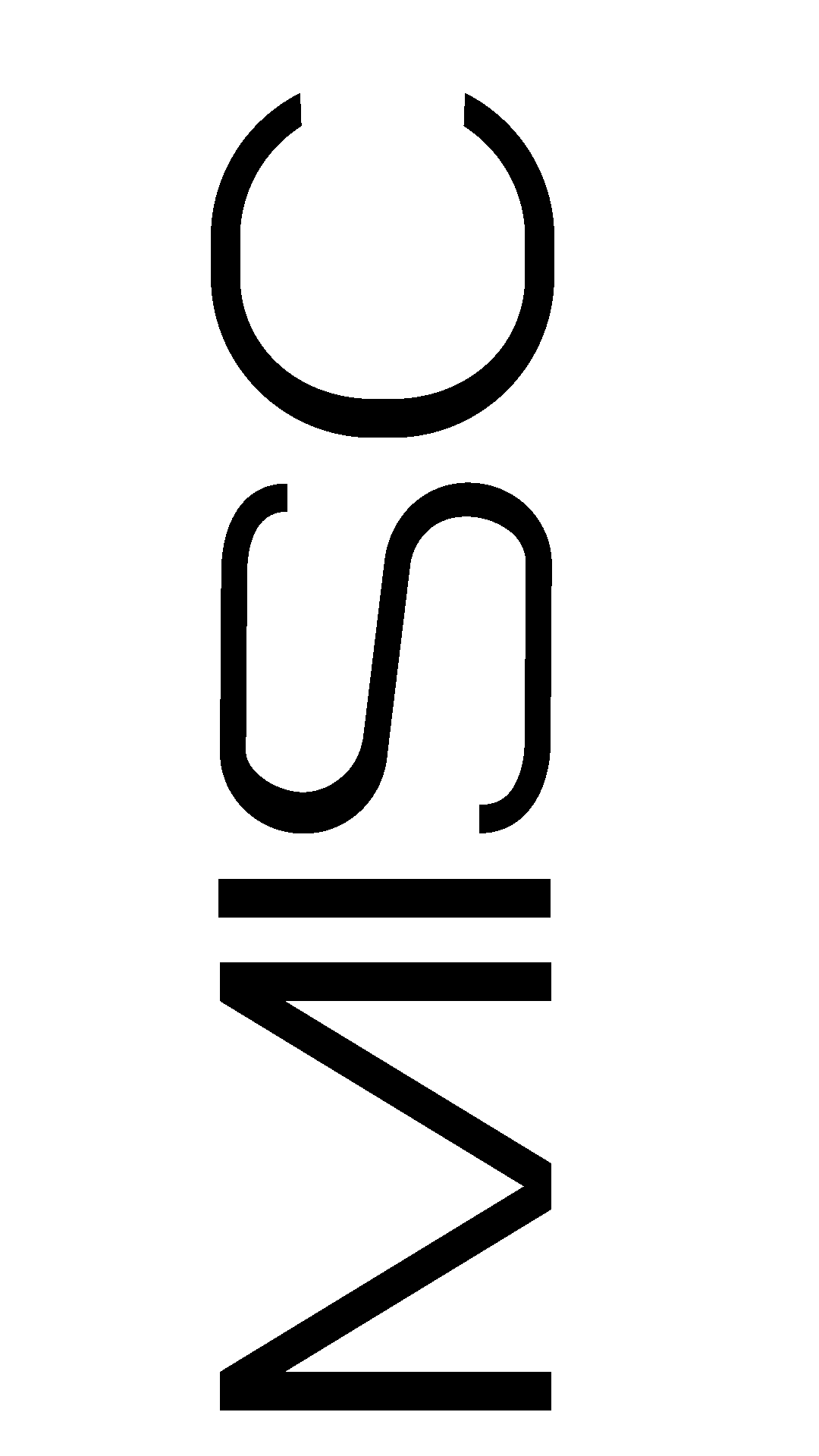
A PROLOGUE
W/
Hera Büyüktaşciyan
Constantinos Hadzinikolaou
Quinn Latimer
Nour Mobarak
Hussein Nassereddine
Nina Papaconstantinou
Georgia Sagri
Gariné Torossian
OPENING
FRI NOV 19 2021
18:00-22:00
19:00 | Suzy Halajian in conversation with Hera Büyüktaşciyan
and Nina Papaconstantinou
Between Presence and Absence
Constantinos Hadzinikolaou
Like a false alarm
INSTALLATION ON VIEW
NOV 19 / DEC 18
Hussein Nassereddine
Even the most delicate of hands could not hold the river
PUBLIC PROGRAM
FRI NOV 26 2021
18:00-22:00
Nour Mobarak in conversation with Quinn Latimer
Myth and Mouth
Georgia Sagri
IASI
Gariné Torossian
Drowning in Flames

Sync Curatorial Fellowship program 2021.
Curatorial Fellow: Suzy Halajian.
In collaboration with MISC.
Their mouths would then be filled with marble is a group project that unravels as individual yet interconnected parts at MISC Athens. The collaboration brings together a newly commissioned installation by Hussein Nassereddine, and two public programs which materialize through conversations, performative presentations, and a screening with invited participants. Engaging closely with the artistic scene in Athens through studio visits, the research considers how the exchange of personal recollections makes space for the meeting of divergent and shared histories and literary sources across localities. It reflects on the process-based and collaborative mode of sync residency, and brings together local and international artists to present
un-concluded works in progress.
This prologue serves as a beginning to a longer undertaking on the limitations of language, potentials of voice, and transmission of sound. It is inspired by Clarice Lispector's 1961
The Apple in the Dark—a novel preoccupied with the inconclusive nature of language, and that questions how to verbalize experience with only a few words. Fleeing a criminal accusation, the protagonist Martim oscillates between fear and the desire for freedom. However, the story does not depend on whether or not he has committed the crime or will be convicted; what is important is that Maxim personifies the author's struggles to render her vision through the inherent constraints of language. Lispector's work says the unsayable and represents the unrepresentable; her story considers writing as both a possibility and a fragile act, like an "unsteady way of picking an apple in the dark, without it falling." She transforms the necessity of language into an overriding issue of her novel, considering how to narrate moments which cannot be translated into words while also speculating on what a loss of words can allow.
The group project builds upon these thoughts through Hussein Nasserredine's presentation on how to envision a place that is no longer present, imagining how to manifest it into existence verbally. This concept is paired alongside his ongoing research on writings that exist within the margins of canonical Arabic literature: specifically the practices and lost works of Abbasid and Umayyad poets, who were sent to ancient ruinous sites to translate the architectural setting into words. Here, Nasserredine further expands upon a record that materializes his family's village in the south of Lebanon, repeatedly razed by violence and political upheaval in the last century. The program itself borrows its title, Their mouths would then be filled with marble, from a saying Nasserredine's brother mentions in conversation during their walk in the village to describe how poets would pass on stories: They would carry what they saw on the palm of their hands, passing it from one person to another to commemorate these places. Nasserredine centers the conversation around ancient literary testimonies, stories and songs of places long gone, reimagining the shifting landscape through experiments in sound, video, text, and drawing. Fragments of the artist's past and research surreptitiously enter the work: domestic ambient sounds amplified on the village's loudspeakers and layered with an Arabic song from the 1970s to mark the destruction of his community as he knew it; the artist's rehearsal sessions of Arabic songs from the same period through subtle, rhythmic repetitions and tonal shifts between himself and his teacher; his father's life-long work of translating ancient lost poems and writings now delicately layered with the artist's vague memories of the bygone village. Nasserredine's undertaking is a quest to excavate one's personal and political histories, which have disintegrated through conditions of territorial violence, by reworking them into new configurations of spoken and written communication. With words and sounds, testimony and repetition, one can approach knowing an ever-changing place.
Again considering Lispector's enigmatic story, the transmission of information via the body through language is both a necessary and slippery means to translate a moment in time. Similarly, Their mouths would then be filled with marble simultaneously recognizes the impossibility of language to accurately depict how things objectively are, while looking to the minuscule and non-human means of transferring knowledges. Still, poetry, song, utterances, and writing take center stage in their ability to convey the in-between—the formations of meaning as lost particles of time. And participants complicate the project's starting point: Through varied filmic, textual, and sound acts, they explore the infinite ways language offers new meanings through absence, stillness, affect, mis/translation, annotation, and mythology. Along the way, the artists embrace in-between states and ambiguous transmissions while refusing the available vocabulary; they move towards unknown frameworks for thinking and expressing, looking for something else.















